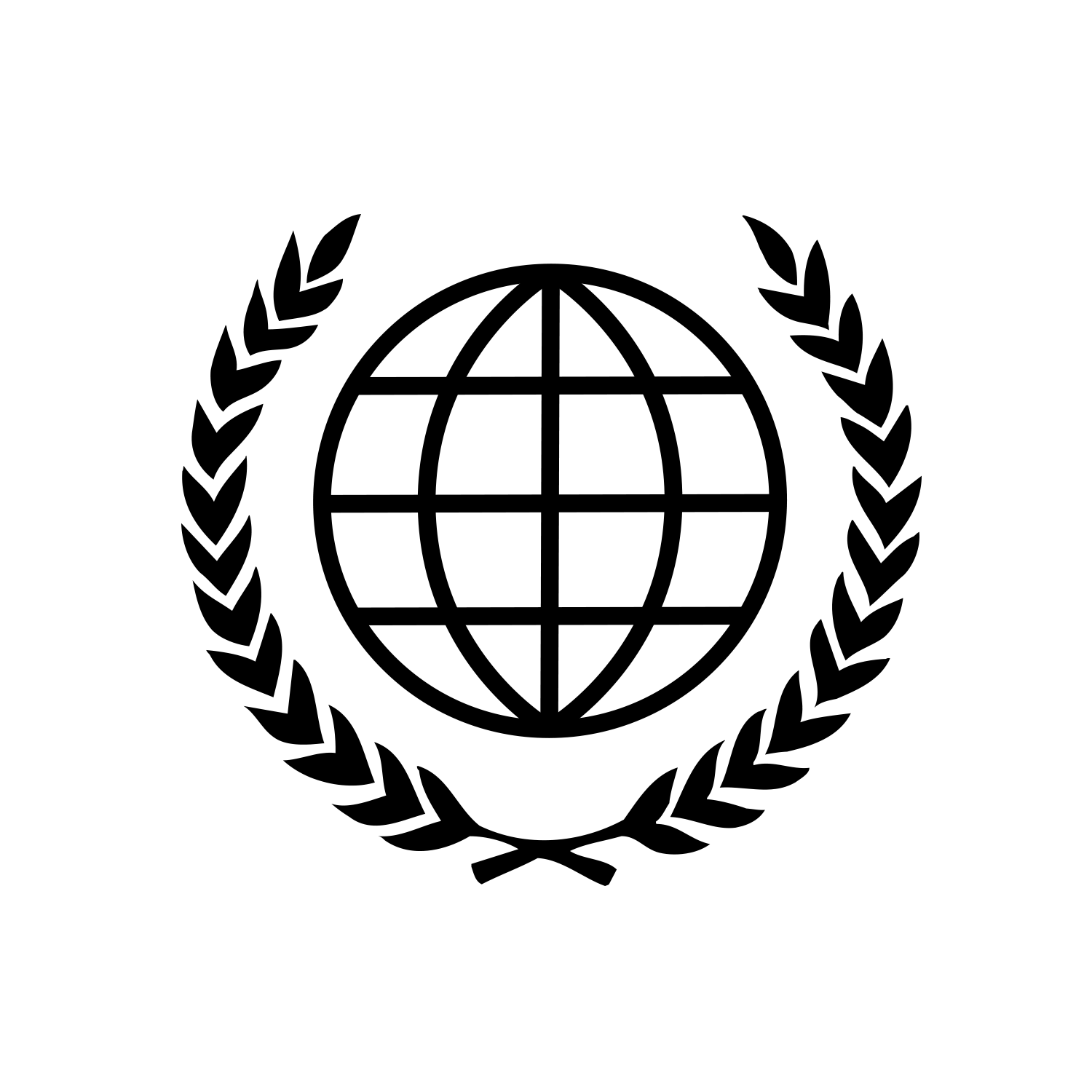Every once in a while we receive a (usually) polite message asking us why we are charging money to screen and see Poverty, Inc.
For those of you that might have the same question, here is one such email and response.
Hello!
I came across your documentary from the Chronicle of Philanthropy ("Nonprofits Get Critical Look in New Film on Fighting Global Poverty") and am interested in viewing it for my organization. I'm just concerned as to why it costs so much.
Aren't you benefiting from poverty by charging so much for this video? Aren't you doing the same thing your video discusses? Organizations benefiting from poverty?
Please let me know if I missed something.
Thanks,
Lisa
Hi Lisa,
Thanks for reaching out. We would be happy to review a discounted or free license request from you so you can screen the film for your organization. This is something we have to clear with our distributors but they understand our commitment to supporting people who cannot afford the license so they generally grant the waiver. Please just let us know what you have in mind for the screening and how you might be able to "pay" for the license in other ways (eg. asking everyone at your organization to fill out our Impact Survey, posting about Poverty, Inc. on your website or in your newsletter, etc.).
To address your concern, I invite you to revisit the key themes of the film:
- The danger of turning the poor into the "objects of our charity" by consistently presenting them in terms of their lack, helpless and despairing (eg. Do They Know It's Christmas?).
- The detrimental impact flooding local markets with donated or subsidized goods and services (charity that hurts).
- The importance developing deeper relationships to address the broken feedback loops between the financiers of the poverty industry and the end-users i.e. people actually living in poverty (often people supposedly benefiting from the industry can only speak to donors through the filters of the NGOs).
- The importance of fundamental institutions of justice like property rights, rule of law, and access to networks of productivity and exchange.
With these in mind, it's hard to see how the film is "doing the same thing" by inviting people to pay for it.
On the contrary, one of the key principles underlying the economics of this story is that pricing helps ensure accountability as it serves as a critical feedback mechanism. The cost of the film provides vital information to us about whether or not we are providing real value to people. People will accept something for free even if they don't value it. We only pay for things we value.
One of the major problems with the poverty industry is that the accountability mechanism of pricing is broken as the financiers of aid (donors and tax dollars) are so disconnected with the end users (people in poverty). This is in contrast to the success stories in the film, which demonstrate how we all can make a living by helping others, whether by working to light their streets with solar energy or by helping them feel beautiful with handmade jewelry.
Unlike the complex web of government and NGO money flows illustrated in the film, our little operation is more similar to the artisan company. We don't claim to be ending poverty; our value offering is simply a film that invites people to consider the voices and stories we gathered. We invite those who value this experience to communicate that to us by paying for it, and thereby financing the film's efforts to continue making an impact on the culture. If no one takes us up on our value proposition, then we are forced to examine what we're doing wrong.
This goes for our for-profit distribution partners as well, without whom the film would never be available to students at over 100 universities, available to TV viewers in numerous countries in multiple languages around the world, available on Netflix, available in stores nationwide, etc.
In developing our distribution strategy, we asked ourselves, "What are the most impactful documentaries of the last 10 years?" We did numerous case studies and interviews with filmmakers, studying films like Food, Inc. among others and worked to emulate their success by emulating their process. One of the the things we learned was the importance of pricing the film properly. If it were free, you probably wouldn't have ever heard about it :-)
As a personal aside: with a previous film I produced, I didn't pay myself, we went the free screenings route, and we donated screenings proceeds to Bangladesh as we went along. The film fizzled and made little impact, in part because it wasn't perceived to be valuable and in part because adults with families (even the most passionate) get burned out when they can't pay their bills.
I hope this helps answer your question. Thanks again for reaching out. I hope we have the chance to partner with you on a screening!
Mark
